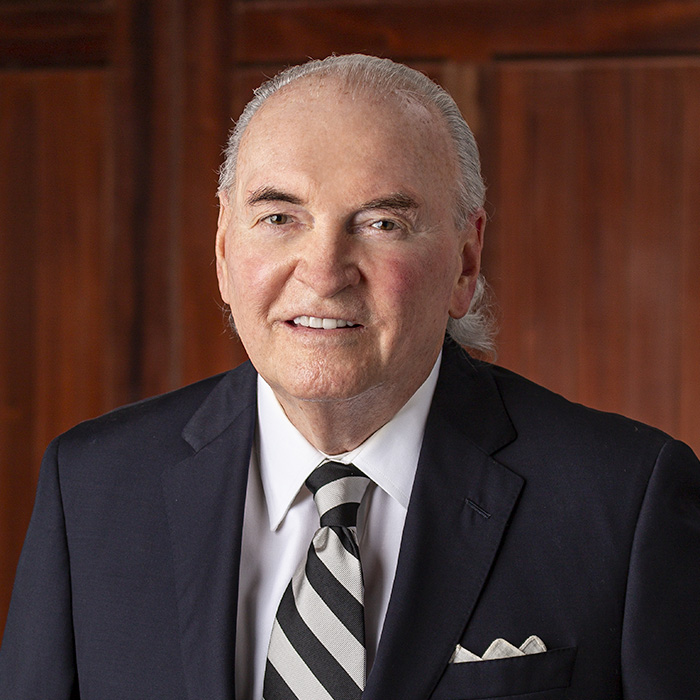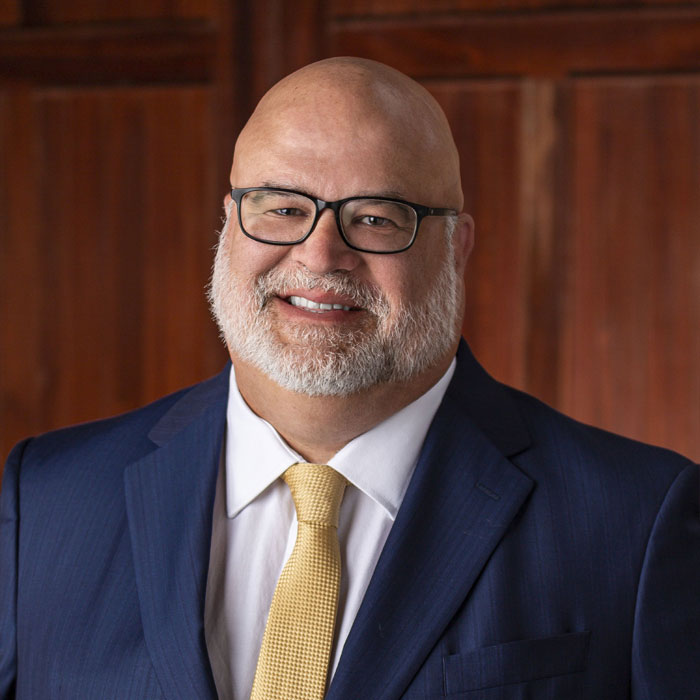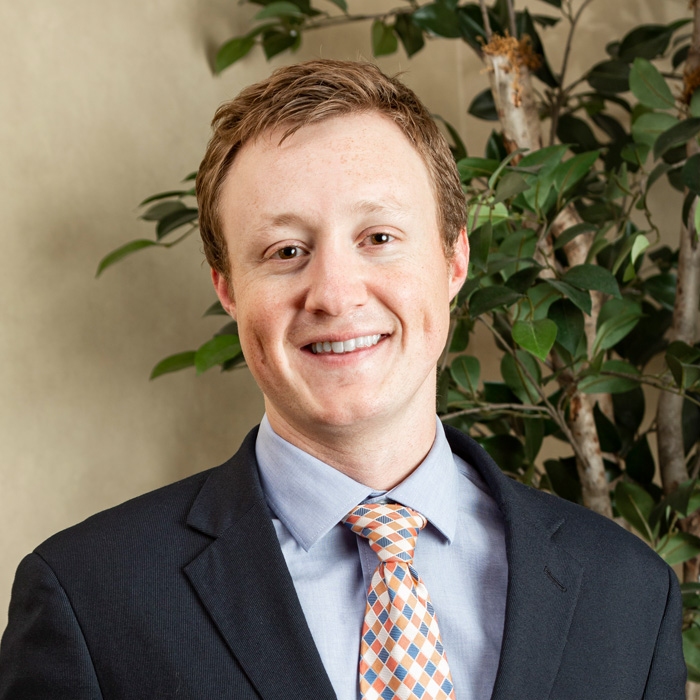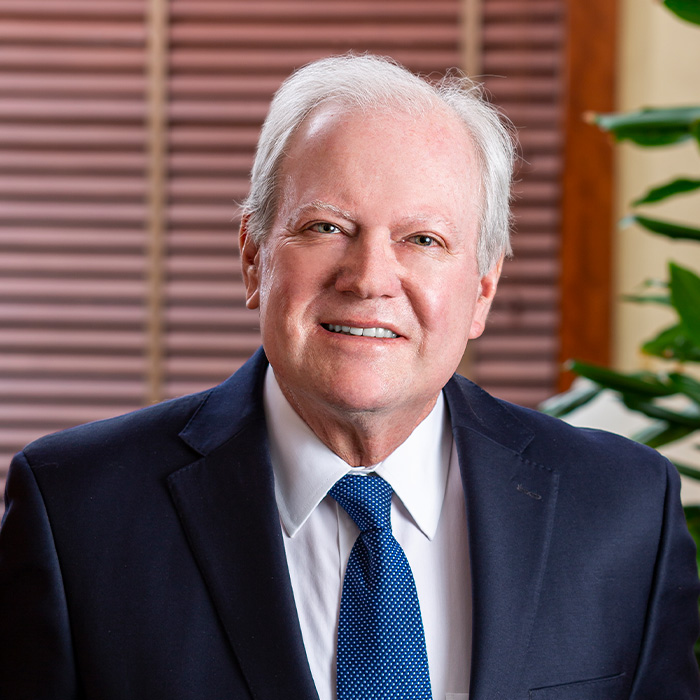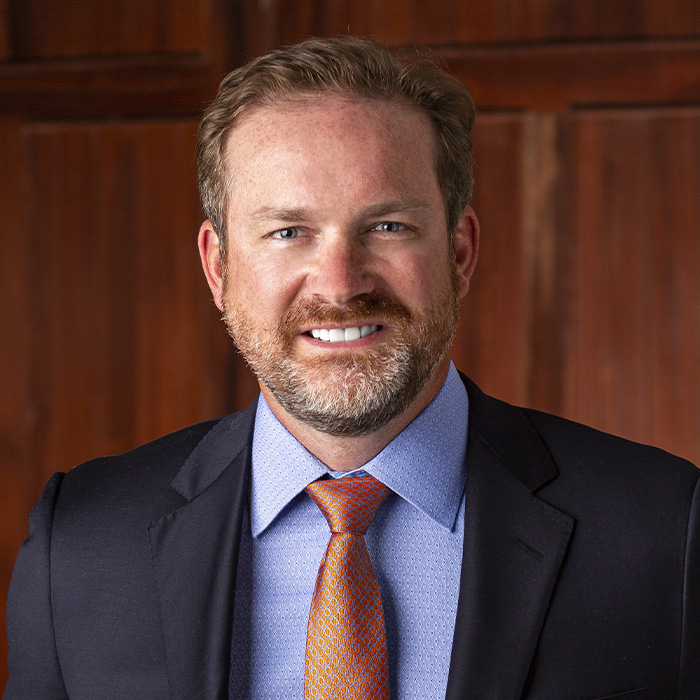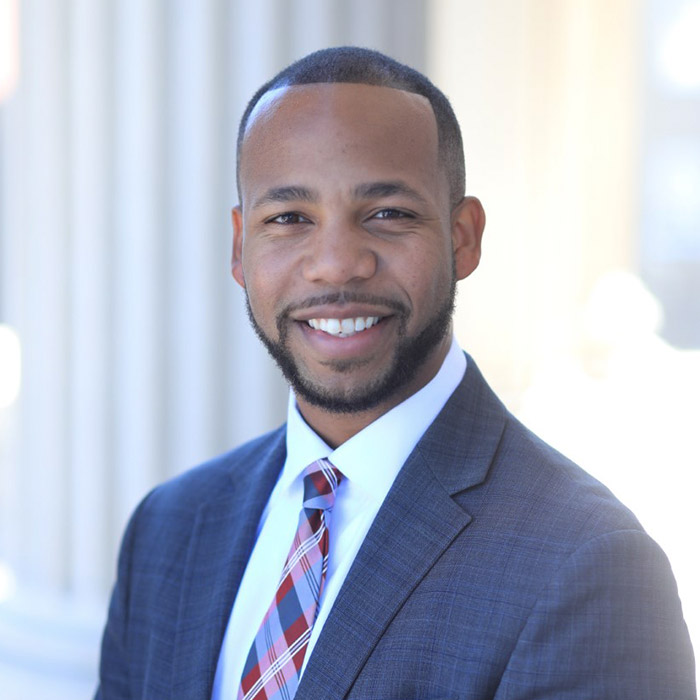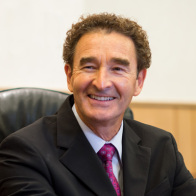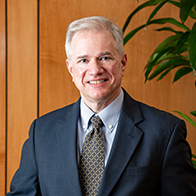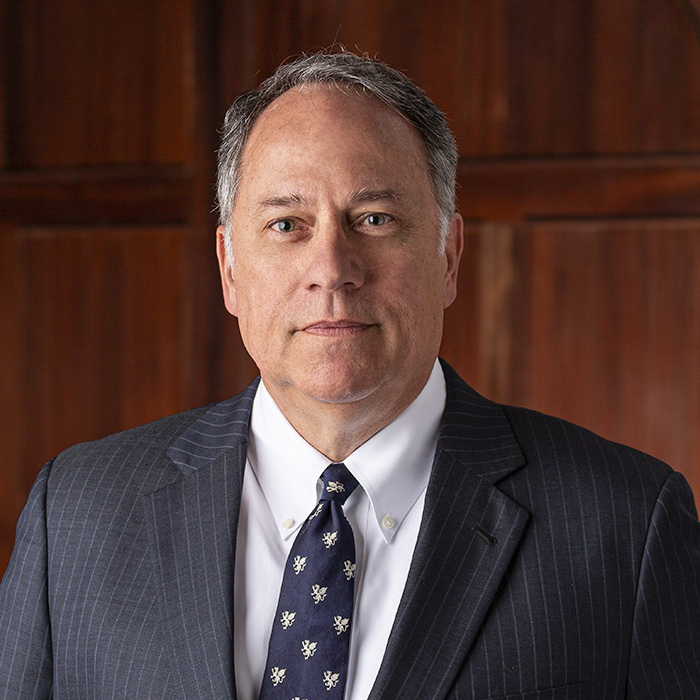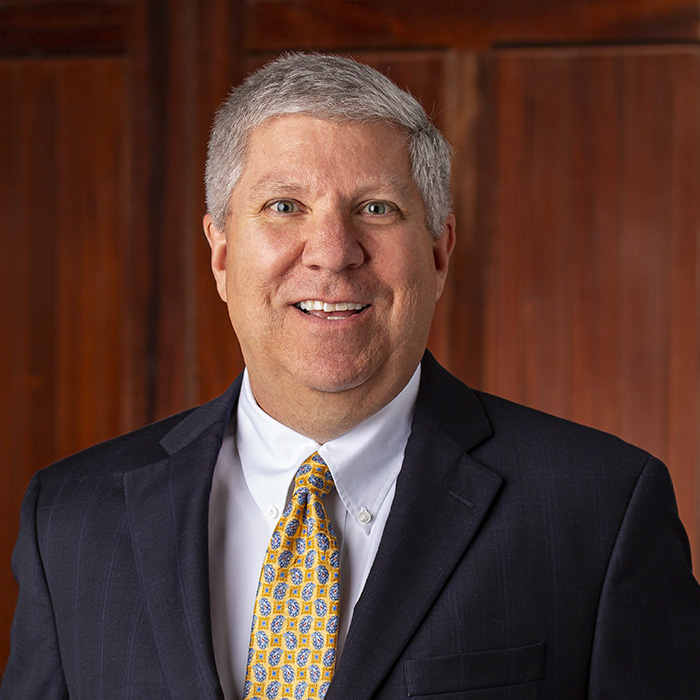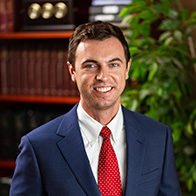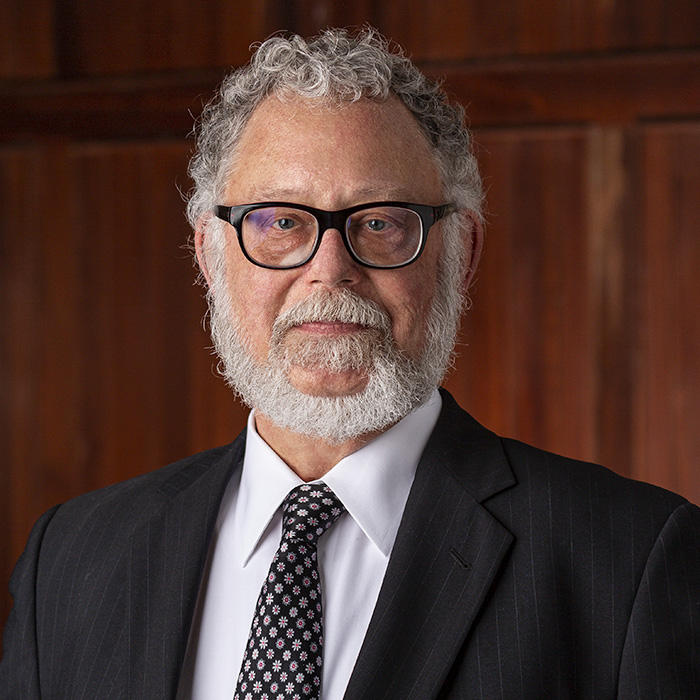The Role of the Whistleblower: A look at qui tam litigation
By Chuck Dukes
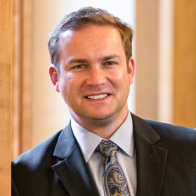
Qui tam litigation allows private citizens, like you, to join in the battle against government fraud. Every year, many of our public institutions—from the military to Medicare—are plagued by fraud. Astonishingly, it’s estimated that nearly 10% of all federal spending, or $350–$400B per year, is lost due to fraud.
And by and large, qui tam litigation has proven to be the most effective weapon there is to fight against government fraud. DOJ statistics show that from 1986–2017, more than 70% of the federal government’s total recovery for fraud has come through qui tam litigation, which led to over $40 billion being restored to the federal treasury.
QUI TAM LITIGATION UNDER THE FALSE CLAIMS ACT
Practically speaking, qui tam litigation is the procedure through which a private individual, commonly known as a “whistleblower,” files a lawsuit on behalf of the government to recover public funds. If the lawsuit is successful, the whistleblower is entitled to a share of the recovery.
Modern qui tam practice began in 1863 when Congress enacted the False Claims Act (“FCA”) in response to rampant fraud being committed against the government during the Civil War. The FCA prohibits anyone from knowingly committing fraud against the United States through the submission of false or fraudulent claims. Importantly, the FCA also includes qui tam provisions that allow private citizens to file suit on behalf of the United States to recover public funds. These whistleblowers, or “relators” as they are referred to under the statute, are individuals who have witnessed or have personal knowledge of fraud being committed against the government.
COMMON TYPES OF GOVERNMENT FRAUD
Today, most qui tam cases are filed against healthcare providers, financial institutions, or defense contractors for submitting false or fraudulent claims to the government for reimbursement. Qui tam cases involving healthcare fraud are the most common, and usually provide a majority of the government’s annual recovery under the FCA. These cases restore billions of dollars to our Medicare, Medicaid, and TRICARE programs every year, and save those programs billions more by deterring others from committing similar frauds.
Fraudulent billing schemes are most prevalent in the medical industry and typically involve doctors, hospitals, or laboratories that (1) bill for medical services that were never performed, (2) bill for services that were not medically necessary, or (3) upcode for medical services or equipment. These schemes are typically uncovered by doctors, nurses, accountants, administrators, or billing specialists who have first-hand knowledge of the fraud and may have been reprimanded, or even fired, for trying to expose it.
Lately, a surge of qui tam cases have also been filed for violations of the Stark Act and/or Anti-Kickback Statute, laws that generally prohibit doctors from receiving kickbacks for referring Medicare or Medicaid patients to other healthcare providers. These cases are typically filed by physicians who have rejected similar financial arrangements, nurses who become aware of the referral scheme, or by healthcare administrators with access to physician compensation matters who, during the course of their work, discover an illegal arrangement.
HOW WHISTLEBLOWERS ARE COMPENSATED
More often than not, qui tam cases involve hundreds or even thousands of false claims, so awards can be substantial. Defendants who are found liable for violations of the FCA face treble damages; civil penalties ranging from $10,957 to $21,916 per false claim; the government’s litigation costs; and the whistleblower’s expenses, attorneys’ fees, and costs.
For their efforts in exposing government fraud, whistleblowers are entitled to 10–30% of the government’s total recovery in the case. If the government has intervened, the whistleblower’s share is 15–25% of the total recovery. If the government has not intervened, that share can climb to 25–30%. In 2017, the average share was over a million dollars, with more than $390 million being awarded to whistleblowers collectively. Since 1986, whistleblowers have been awarded over $6 billion for their help in rooting out government fraud.
But invariably qui tam cases involve complex issues, are fiercely contested by deep-pocketed defendants, and require extensive discovery and costly expert testimony to prove. So if you have witnessed government fraud at work and are considering a qui tam case, be sure to contact a law firm like RPWB that has the knowledge, experience, and financial resources that qui tam litigation demands.
Our Experienced Lawyers
How can we help? Fill out the form for a free case review.
Contact Us
- Toll Free: 888.293.6883
Case Types
Related Posts
Mar 22, 2024
Asbestos Finally Banned in United States
We’ve been waiting nearly 50 years to type this: Asbestos is finally banned in the United States. After decades of inadequate protections for workers, the EPA has finally banned the only remaining type of asbestos still imported into America. More than 50 countries have already banned the use of asbestos, which is known to cause […]
READ MOREJan 22, 2024
Gordon Rhea Wins USVI Bar Association’s Highest Honor
RPWB of counsel attorney Gordon Rhea was honored with the highest award during the Virgin Islands Bar Association’s annual meeting on December 8, 2023. The award ceremony highlighted Rhea’s dedication to the legal profession and his commitment, dedication and valuable contributions to the people of the Virgin Islands. The Winston A. Hodge Award for Public […]
READ MORENov 27, 2023
RPWB Represented a Whistleblower who Helped the Federal Government Recoup $1.7 million
ORLANDO, Fla. – The federal government has recouped $1.7 million from a healthcare provider who fraudulently billed Medicare and TRICARE for medical procedures that were not deemed necessary and were performed by an unqualified technician. In the settlement agreement, Jena Medical Group LLC, as well as several individuals associated with the company, have agreed to […]
READ MOREOct 17, 2023
Local Non-Profit to Receive $500,000 to Help Low Income Households Save Money on Power Bills
CHARLESTON, S.C. – A local energy conservation non-profit will receive nearly $500,000 to help low income residents in Berkeley, Georgetown and Horry counties conserve energy and save money on energy bills. The Sustainability Institute will receive $484,345.89 in unclaimed monies from the 2021 settlement of the class action lawsuit Hearn v. Santee Cooper. The case […]
READ MOREOct 02, 2023
RPWB Announces the Passing of J. David Butler
It is with great sorrow and heavy hearts that we announce the passing of our friend, colleague and law partner, J. David Butler on September 30, 2023, after a valiant three-year battle with cancer. He was a friend to all and was, quite simply, the nicest guy one could have the pleasure of knowing. Dave […]
READ MOREAug 21, 2023
17 RPWB Attorneys Selected for Best Lawyers in America List
MOUNT PLEASANT, S.C – Seventeen RPWB attorneys were selected for the 2024 edition of The Best Lawyers in America® list for numerous practice areas including personal injury, product liability, mass tort, class action, qui tam and medical malpractice litigation. This marks the seventh consecutive year in which RPWB is the top-listed plaintiff law firm in […]
READ MOREMay 01, 2023
Trial Lawyer Deon Tedder Joins RPWB
Trial attorney Deon Tedder has joined Rogers, Patrick, Westbrook & Brickman, LLC, where he will focus on personal injury, mass torts and criminal defense work out of the firm’s Mount Pleasant and Columbia offices. Tedder joins RPWB after working at David Aylor Law Offices for the past five years, where he helped many clients in […]
READ MOREFeb 03, 2023
Johnson & Johnson Talc Bankruptcy Petition Dismissal is a Win for Mesothelioma and Ovarian Cancer Victims
By Dave Butler In a significant victory for injured consumers, the Third Circuit Court of Appeals dismissed the bankruptcy petition of a Johnson & Johnson subsidiary that holds the company’s liabilities for claims brought by thousands of consumers injured by exposure to asbestos-contaminated talc in Johnson & Johnson products. The dismissal, on January 30, 2023, […]
READ MORENov 03, 2022
U.S. News & World Report: RPWB is a Top National Law Firm for Mass Torts & Class Actions
CHARLESTON, S.C. — RPWB is incredibly proud to be selected as one of the top national law firms for mass torts and class actions by U.S. News & World Report. RPWB is officially listed as a Tier 1 law firm for such cases, the highest possible designation. In addition to the national selection, RPWB also […]
READ MOREOct 12, 2022
How Do Camp Lejeune Lawsuits Actually Work?
You’ve no doubt seen the ads on television, but did you ever wonder how Camp Lejeune water contamination lawsuits actually work? Our team breaks it down for you. RPWB has filed its first administrative claims with the Navy JAG, the first step in the litigation process under the Camp Lejeune Justice Act. The JAG is tasked […]
READ MOREAug 18, 2022
With Sixteen Attorneys Named to Best Lawyers List, RPWB is the Top-Listed Product Liability and Class Action Law Firm in the State
Sixteen RPWB attorneys were selected for the 2023 edition of The Best Lawyers in America® list for numerous practice areas including personal injury, product liability, mass tort, class action and medical malpractice litigation. This marks the sixth consecutive year in which RPWB is the top-listed plaintiff law firm in South Carolina for both product liability […]
READ MOREAug 10, 2022
With a New Law, Camp Lejeune Water Contamination Victims Finally Have Legal Recourse
For more than 30 years, the drinking water at Marine Corps Base Camp Lejeune was contaminated with a cocktail of dangerous toxins linked to cancer, leukemia, Parkinson’s disease and other serious medical conditions. Now after intense lobbying by veteran’s groups and others, victims of Camp Lejeune’s contaminated water have legal recourse for compensation. On Wednesday, […]
READ MOREAug 03, 2022
Congress Passes Camp Lejeune Water Contamination Law
Over a 34-year period, many thousands of Marines and their families were exposed to dangerous water contamination at Marine Corps Base Camp Lejeune. After a long wait, justice may finally be in sight. Congress approved bi-partisan legislation on Tuesday night that will clear the way for veterans and their families to seek compensation in federal […]
READ MOREJul 05, 2022
Camp Lejeune Water Contamination Law Close to Passing, Would Finally Bring Justice to Veterans and their Families
A bill that is close to becoming law could finally provide justice and financial relief to veterans and their families for health problems caused by water contamination at Camp Lejeune in North Carolina. The bi-partisan Honoring our PACT Act of 2021 has passed both the U.S. Senate and the House of Representatives. It was sent […]
READ MOREJun 21, 2022
RPWB Helped Doctors Get Refunds for Non-Conforming Records Software
RPWB attorneys played a leading role in more than 5,000 doctors’ offices receiving refunds for being misled about their electronic medical record software qualifying for Medicare and Medicaid incentives. For years, Greenway Health sold software it claimed was certified under the federal government’s “Meaningful Use” program. That program includes financial incentives designed to reward physicians […]
READ MORE